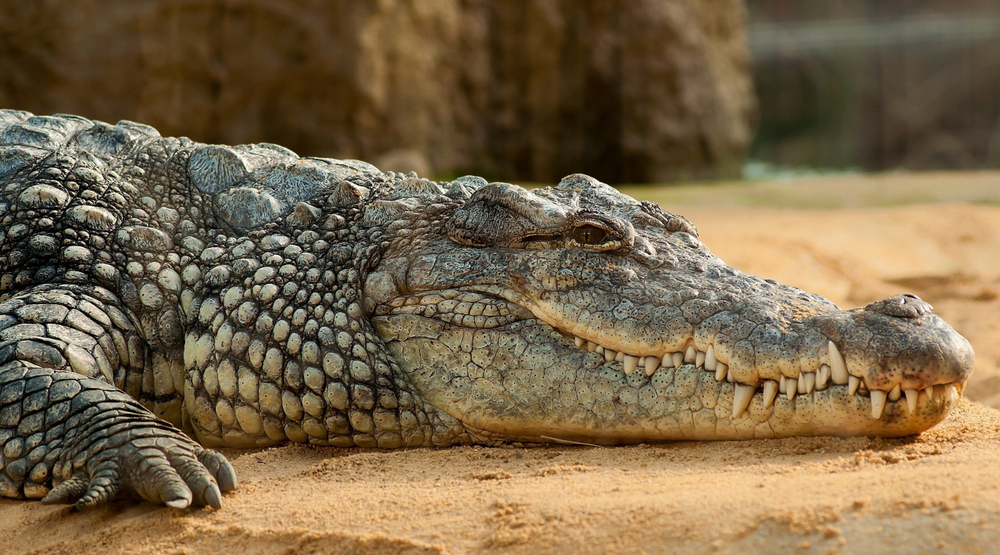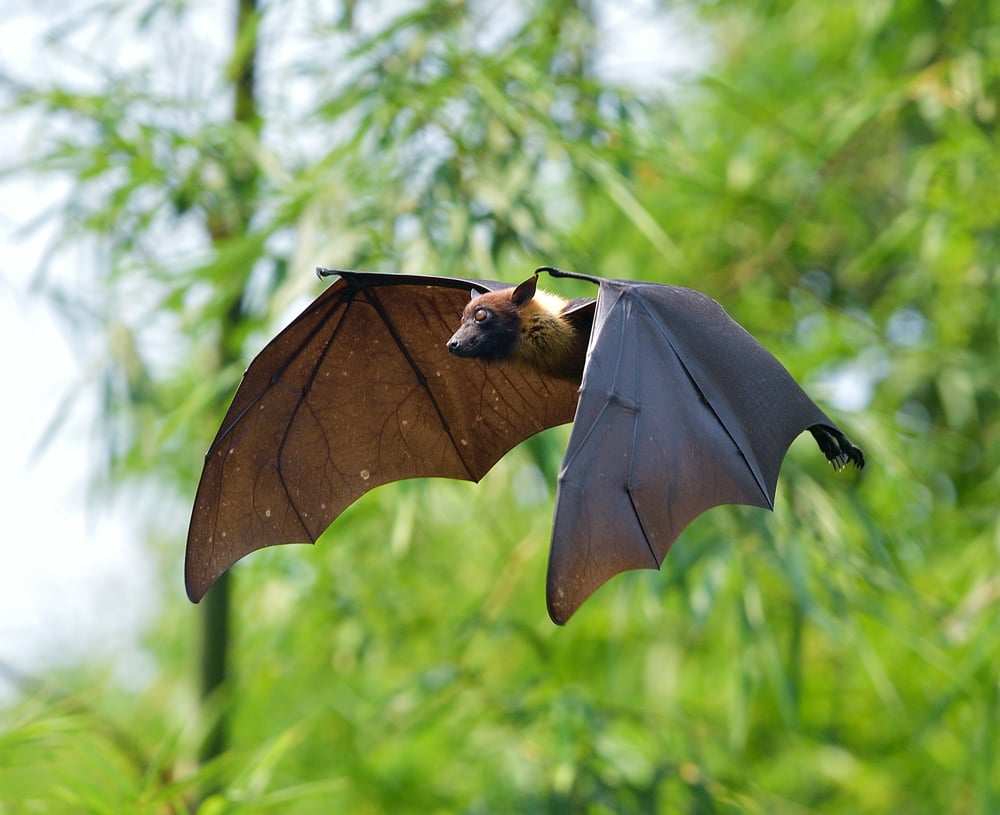Crocodiles have lived on the earth for over 200 million years. Yet, the strange thing is that after all this time, crocodiles look almost the same today as they did 200 million years ago. Fossil records prove it. There’s the same powerful jaw, muscular tail, stubby legs and scaly skin. But, even more astonishing is that there are only 25 species of crocodilians – which includes alligators, caimans and crocodiles – in the entire world, and they all look similar.
It doesn’t make sense. Take birds: They’ve been around for 50 million fewer years than crocodiles, but there are approximately 10,000 different species. Think of all the variety: chickens, penguins, vultures, peacocks and emus. All unique sizes, shapes, colors and habitats. Why did some animal families evolve this way, while the crocodile looks like it did 200 million years ago?
Researchers at the University of Bristol set out to answer these questions. Dr. Max Stockdale and his colleagues from the University of Bristol’s School of Geographical Sciences created a model deriving an evolutionary rate – a measure of body size change per time unit – for each species in the study. They found that most of the species were evolving very slowly. However, a small number of species were evolving more rapidly and only as the climate changed.
In 1972, evolutionary scientists Stephen Jay Gould and Niles Eldredge proposed the theory of “punctuated equilibrium.” They theorized that all species are relatively stable, changing very little for thousands of years. Then this slow pace of change is punctuated by rapid change as organisms adapt to survive in an altered environment. Punctuated equilibrium gradually became an accepted evolutionary theory, although it was widely rejected at first.
The University of Bristol study, published in January 2021, determined that punctuated equilibrium is the reason for the lack of diversity in crocodiles. Dr. Stockdale determined that temperature change was a driving force behind crocodiles’ punctuated equilibrium evolutionary style. This is because climate and temperature forced crocodiles to adapt to their changing environment. But, since crocodilians are cold-blooded, they do not handle climate change well. Therefore, a temperature change will force them to adapt in some way to their environment.
During the climate changes when crocodiles had to adapt to their environment, some interesting and unusual variations emerged. There were crocodiles that:
- burrowed in the ground
- were fast runners
- swam in the ocean
- were herbivores
- walked on two legs
Unfortunately, these variants became extinct, probably due to their inability to endure climate change.
Crocodiles achieved long-lasting states of equilibrium and stability where no changes were necessary. There are a few factors that led to crocodiles’ ability to thrive even in times of hardship:
- They don’t have to eat very often. In extreme conditions, they can go up to three years without eating.
- They don’t expend much energy.
- They have few natural predators.
- They can digest just about anything. They have stronger stomach acid than any other creature.
- They are covered in armor.
So, the crocodile hasn’t changed much in the past 200 million years because it didn’t need to change. Instead, it found a niche where it reached a comfortable and maintainable equilibrium state. The crocodile’s body is efficient and versatile enough that it doesn’t need to change a thing in order to survive. This could explain why crocodiles survived the meteor impact in which the dinosaurs perished. It seems as though the crocodile got everything right on the first try. Unfortunately, now it just needs to steer clear of its most formidable enemy: man.







